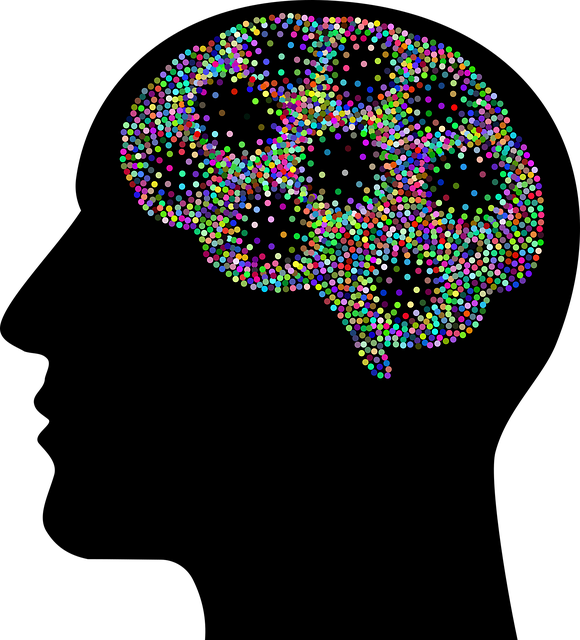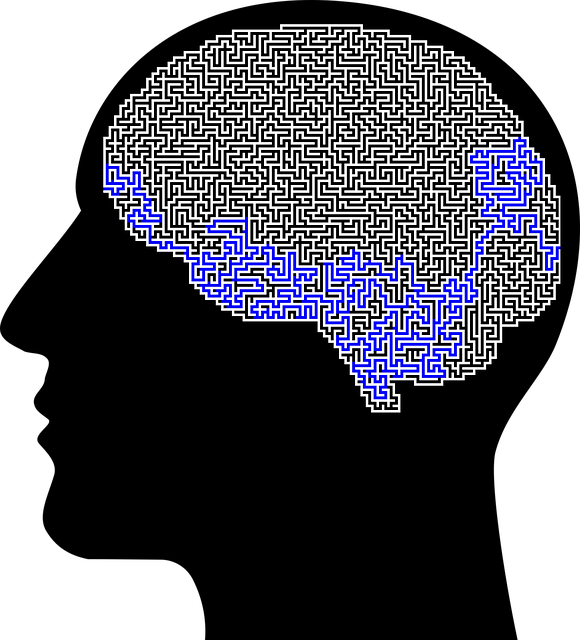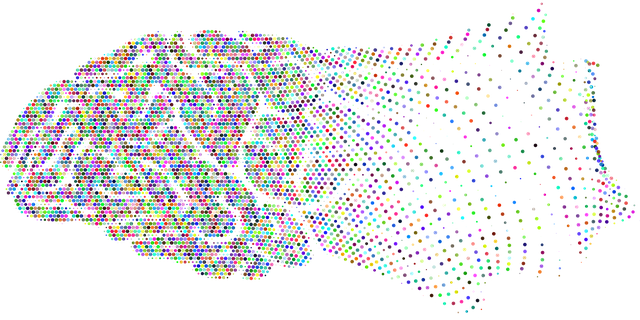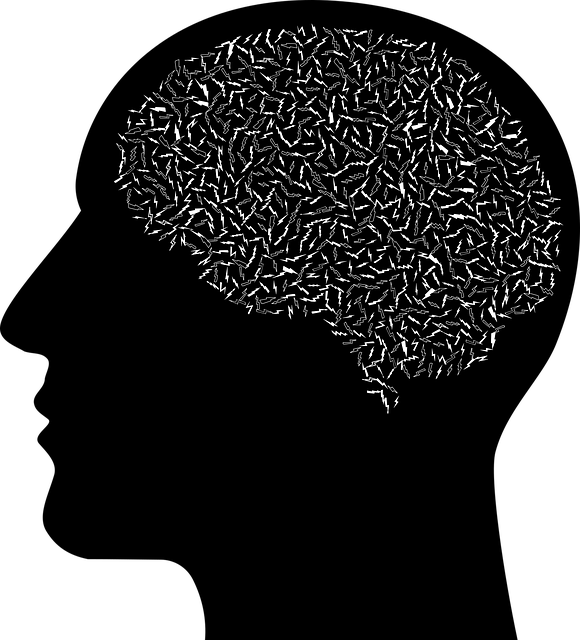The media's portrayal of mental illness significantly shapes societal perceptions, often perpetuating stereotypes. This text highlights the need for critical analysis and accurate representation in media to reduce stigma. Golden Hebrew Speaking Therapy is introduced as a strategy to challenge stereotypes by engaging individuals from Hebrew-speaking backgrounds through authentic sharing and cultural sensitivity. Collaboration with peer advocates, cultural competency training for healthcare providers, and partnership between media professionals and mental health experts are recommended. Measuring the impact of these efforts through research tracking shifts in public attitudes and behaviors is crucial for driving positive change in societal acceptance of mental wellness.
Mental illness representation in media has long been a topic of debate, with stereotypes and inaccurate portrayals prevalent. This article delves into the current state of mental health depiction, challenging negative narratives through innovative solutions like Golden Hebrew Speaking Therapy. We explore effective strategies for more empathetic representations, emphasizing collaboration between media professionals and mental health experts. By measuring public perception shifts, we uncover the impact of these initiatives, aiming to promote understanding and reduce stigma in today’s digital era.
- Understanding the Current State: Mental Illness Portrayal in Media
- The Role of Golden Hebrew Speaking Therapy in Challenging Stereotypes
- Effective Strategies for More Accurate and Empathetic Depictions
- Collaboration Between Media Professionals and Mental Health Experts
- Measuring Impact: Evaluating Positive Changes in Public Perception
Understanding the Current State: Mental Illness Portrayal in Media

The media plays a significant role in shaping societal perceptions and understanding of mental illness. Currently, representation in popular media often falls short, perpetuating stereotypes and misconceptions. Many stories centered around mental health focus on extreme narratives, such as violence or complete incapacitation, which does not reflect the diverse range of experiences. Additionally, the absence of nuanced portrayals contributes to the stigma surrounding these conditions, hindering access to support for those who need it most.
Understanding the current state requires a critical examination of media’s impact on public perception and the importance of accurate representation. Golden Hebrew Speaking Therapy, along with effective Risk Management Planning for Mental Health Professionals, can aid in addressing these challenges. By incorporating Mood Management techniques and Conflict Resolution Strategies, media creators can craft more realistic and empathetic portrayals. Such efforts are crucial in fostering a more inclusive and supportive environment where individuals with mental health issues feel seen, heard, and understood.
The Role of Golden Hebrew Speaking Therapy in Challenging Stereotypes

Golden Hebrew Speaking Therapy plays a pivotal role in challenging stereotypes surrounding mental illness within media representation. By employing unique communication strategies, this therapeutic approach goes beyond conventional talk therapy, tapping into the rich cultural heritage and linguistic nuances of the Hebrew language. The process often involves engaging narratives and metaphorical expressions that resonate deeply with individuals from Hebrew-speaking backgrounds.
Incorporating Golden Hebrew Speaking Therapy into mental wellness initiatives, such as the popular Mental Wellness Podcast Series Production, can significantly contribute to burnout prevention. Through its ability to foster nuanced conversations, this therapy empowers individuals to share their experiences authentically, countering simplistic and often harmful stereotypes prevalent in media portrayals. By promoting understanding and empathy, it paves the way for more inclusive and accurate representation of mental health struggles in various media platforms.
Effective Strategies for More Accurate and Empathetic Depictions

To ensure more accurate and empathetic mental illness representation in media, several effective strategies can be employed. One key approach is to collaborate closely with individuals who have personal experiences with mental health challenges—often referred to as peer advocates or consultants. These individuals can provide invaluable insights into the nuances of living with a mental disorder, helping writers create authentic and nuanced characters. Additionally, Golden Hebrew Speaking Therapy can offer specialized support by providing culturally sensitive perspectives that cater to diverse communities, enhancing the authenticity of portrayals.
Incorporating positive thinking and promoting understanding through Healthcare Provider Cultural Competency Training are also vital. Burnout prevention strategies for healthcare providers should be implemented to ensure that those depicting mental health professionals exhibit realistic and empathetic behaviors. By addressing these aspects, media platforms can foster a more supportive and less stigmatizing environment, ultimately contributing to improved public perceptions of mental illness.
Collaboration Between Media Professionals and Mental Health Experts

Media professionals and mental health experts can collaborate to challenge stereotypes and provide accurate representations of mental illness. By bringing together diverse perspectives, they can create content that educates audiences while promoting anxiety relief and mental wellness. This partnership ensures that stories are told with sensitivity and authenticity, reflecting the complex reality of individuals grappling with mental health issues.
Such collaboration can involve consulting with professionals like therapists specializing in Golden Hebrew Speaking Therapy to ensure cultural accuracy and provide insights into specific therapeutic approaches. By integrating conflict resolution techniques into storylines, media can demonstrate healthy coping mechanisms and foster understanding among viewers. Together, these experts can shape narratives that inspire empathy, reduce stigma, and encourage help-seeking behaviors for those facing mental health challenges.
Measuring Impact: Evaluating Positive Changes in Public Perception

Measuring Impact: Evaluating Positive Changes in Public Perception
The representation of mental illness in media plays a pivotal role in shaping public perception and understanding. By showcasing individuals with mental health conditions as multidimensional characters, media platforms can foster empathy and reduce stigma. This shift has been complemented by thoughtful Public Awareness Campaigns Development that intertwine storytelling with factual information, providing viewers with a nuanced grasp of various mental health challenges and the available support systems, such as Conflict Resolution Techniques.
The true testament to positive change lies in tracking shifts in public attitudes and behaviors. Research studies can employ surveys, focus groups, and observational data to gauge how media representation influences perceptions about mental illness. For instance, tracking increases in help-seeking behaviors or improvements in social interactions among individuals who have been exposed to realistic and compassionate media portrayals of mental health struggles could serve as a crucial indicator of success for these initiatives. Moreover, comparing public attitudes before and after specific Self-Care Practices are popularized through media campaigns can offer valuable insights into the impact on fostering a more accepting society where mental wellness is prioritized.
In conclusion, the representation of mental illness in media has evolved, but challenges remain. By employing strategies such as Golden Hebrew Speaking Therapy, which challenges stereotypes and promotes understanding, media professionals can create more accurate and empathetic portrayals. Collaboration between industry experts and mental health specialists is key to driving positive change in public perception. Through measured impacts, we can see the potential for a more inclusive and supportive narrative around mental health in the media.














